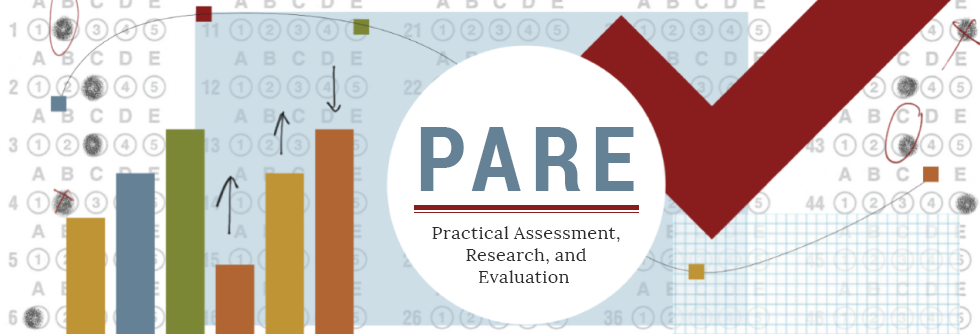Grades and Ranking: When Tenure Affects Assessment
- Jean Filetti
- Mary Wright
- William M. King
Abstract
This article examines how a faculty member’s status—either tenured or tenure-track—might affect the grades assigned to students in a writing class. We begin with a brief review of the research surrounding faculty to student assessment practices and follow with specific controversies regarding faculty motivation pertaining to grading practices. We interpret the grade distributions of tenured and tenure-track faculty members teaching a sophomore-level writing course in an English Department at a small, public liberal arts university in Virginia, examine the relationship between grade distributions and faculty rank, and conclude that tenure-track faculty grade more leniently than their tenured colleagues, primarily in the number of “A” grades assigned. The results of this study suggest that tenured professors tend to award fewer “As” than tenure-track professors. We posit that at universities where emphasis is placed upon teaching, two specific patterns emerge: reciprocity may be an unspoken agreement between some faculty and students with regard to the exchange of good grades for good evaluations, or with experience comes rigor. Accessed 9,304 times on https://pareonline.net from October 13, 2010 to December 31, 2019. For downloads from January 1, 2020 forward, please click on the PlumX Metrics link to the right.
Keywords: Teacher Evaluation, Student Evaluation
How to Cite:
Filetti, J., Wright, M. & King, W. M., (2010) “Grades and Ranking: When Tenure Affects Assessment”, Practical Assessment, Research, and Evaluation 15(1): 14. doi: https://doi.org/10.7275/13cn-ab86
Downloads:
Download PDF
View PDF
741 Views
109 Downloads
